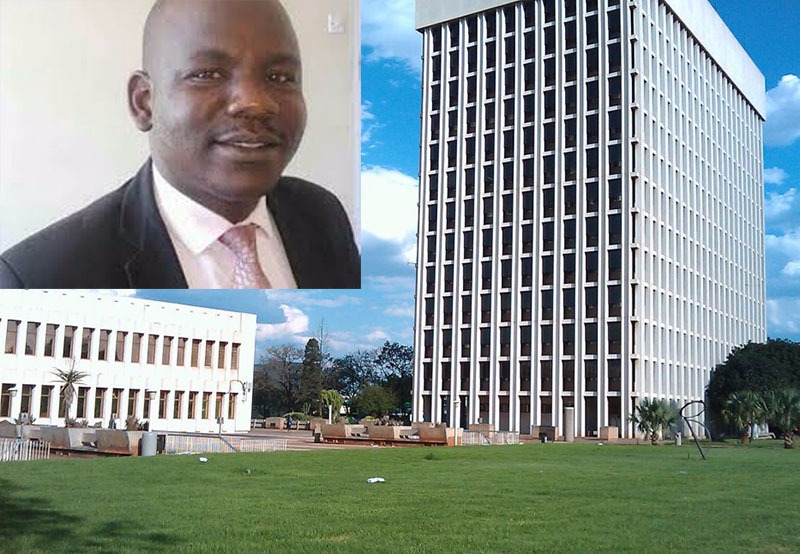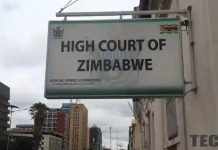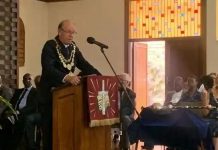FORMER Bulawayo Deputy Mayor, Tinashe Kambarami has taken the Bulawayo City Council to court following the municipality’s decision to bar him from serving as Ward 3 Councillor.
The local authority’s decision to bar Kambarami from performing his council duties follows a High Court decision by Justice Thompson Mabhikwa nullifying the MDC official‘s election as Bulawayo’s Ward 3 Councillor.
Justice Mabhikwa found Kambarami guilty of contravening Section 119 (2) (e) of the Electoral Act (Chapter 213) following his conviction for theft at Bulawayo Magistrates’ Courts under Criminal Record Book (CRB) Number 1981/18 on June 2, 2018.
Kambarami, through his lawyers, Sam Mlaudzi and Partners, immediately filed a Supreme Court appeal challenging the High Court ruling.
Immediately after filing his appeal, Kambarami proceeded to attend the local authority’s monthly full Council meeting on the basis of his appeal but officials barred him from attending.
However, Kambarami’s lawyers have challenged the Council’s decision to stop him from serving as a Councillor.
The lawyers argue that Kambarami cannot be stopped from attending Council meetings until the Supreme Court hears his case.
“It is common cause that the decision being appealed against is that of the Electoral Court, and not any other court. As such, an appeal to the Supreme Court is in terms of the Electoral Act not common law,” argued Kambarami’s lawyers.
The lawyers cited Section 171 (8) of the Electoral Act which reads: “Notwithstanding any other provision of this Section, the noting, within the time prescribed in rules of court, of an appeal against determination or decision of the Electoral Act shall suspend such determination or decision until the abandonment or the final determination or dismissal of the appeal.”
Kambarami, through his lawyers, added: “Our view is that the provision is clear and pointed as to the effect of an appeal against the decision of the Electoral Court. The provision requires no further qualification, interpretation and needs not to be supported by case law.”






